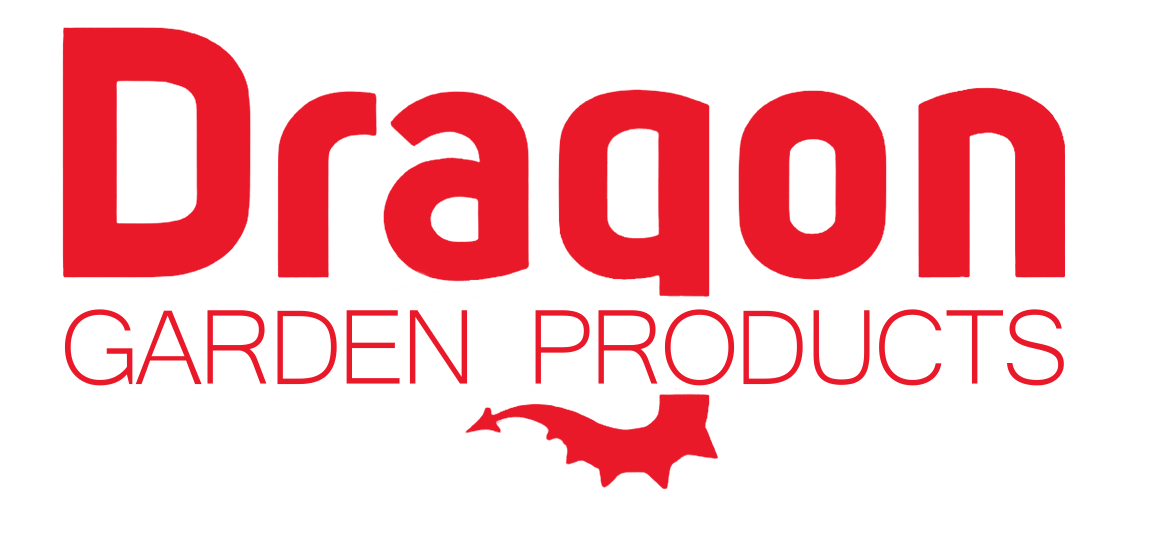It pays to rotomould – investing in tooling for complex projects
There are many methods of plastic processing – injection moulding, blow moulding, and thermoforming to name a few. Each comes with its own pro’s and con’s, but a key factor is the financial outlay of each method – including tooling investment – against the complexity of the product and the number of units required. Where the design of the moulded part creates a complex shape or structure, rotational moulding (or ‘roto-moulding’) is often the most economic process on a per-unit basis, especially for low volume production requirements.
Roto-moulding involves creating a production tool in which the plastic is cast, typically manufactured from aluminium or steel. Well-maintained roto-moulding tooling will last for thousands of cycles and may be suitable for refurbishment beyond the projected life cycle, representing a valuable investment. The complexity of the design is built into the mould itself, so that once manufactured, it costs no more to produce each unit than it would a less complex part.
Creating moulds is an investment, and the costs involved in producing tooling for roto-moulding will be lower than those for other plastic processes. The same is true for the set-up time, which is shorter for roto-moulding. So, with less time and money spent before manufacturing begins, roto-moulding is most cost effective for long term production with low ongoing expenditure.
When it comes to manufacturing plastic products, economies of scale will also factor into the decision-making process. Roto-moulding is not always suitable for extremely high-volume projects – it is optimal for small to medium batches. The rotational moulding process, coupled with relatively low-cost tooling investment, is an ideal solution.
Roto-moulded products deliver several permanent benefits. The finished product will have high structural integrity, as the rotational moulding process is relatively stress free. Roto-moulding can also produce different wall thicknesses from the same tooling as per the product requirements.
Rotational moulding is a cost-effective production method for a huge range of plastic products, even where the design is complex. There is scope for enormous flexibility in the design process, with no need to compromise on the strength and integrity of the product itself.
